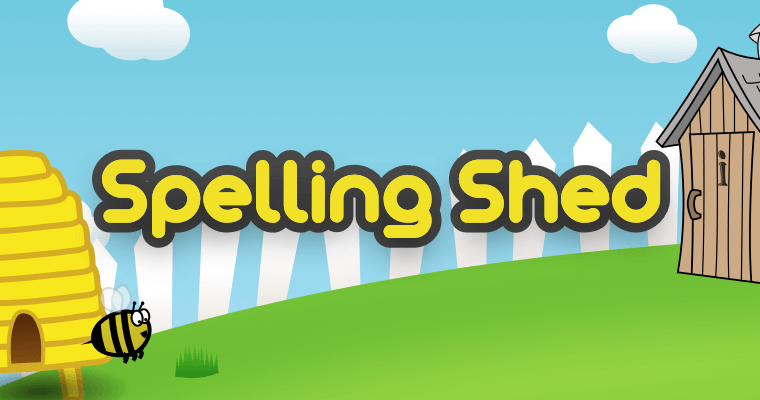Writing
At South Lake Primary School, we provide all our pupils with a high-quality, progressive education in English, and we strive for our children to enjoy the process of writing, to gain pleasure in what they are able to achieve and to develop their independence as competent authors. Within a literature-rich environment, children will acquire fluent transcription skills in the early stages of learning to write, along with explicit vocabulary learning. Building on this, children will learn foundational writing skills, developing their control of grammar, spelling patterns and composition so that they can use them with accuracy, confidence and increasing flair.
In the National Curriculum (September 2014), the programmes of study for key stages 1 and 2 in writing consists of 2 dimensions:
- transcription (spelling and handwriting)
- composition (articulating ideas and structuring them in speech and writing).
In addition, pupils need to be able to plan, revise and evaluate their writing.
Click here for - The National Curriculum



TRANSCRIPTION
At South Lake we recognise the importance of equipping our pupils with a sound knowledge of the relationship between phonics, word structure and spelling structures.
Each year group teaches these specific features from the statutory programmes of study for spelling, grammar and punctuation (see attachments below)
All KS2 pupils will now have access to the Spelling Shed platform, following a successful trial in Year 6.

Here are some of their comments:
"Spelling Shed has helped me get 100% in my spelling tests and I can use them in my writing as well!"
"The competition is tough but really fun and my spellings have really improved"
All year groups from Year 3 to Year 6 are now using Spellingshed and the children are loving it.
Click on the link below to see our Spelling League and how well the classes are doing.
https://www.spellingshed.com/en-gb/leagues/org-5314
Throughout school, we adopt a cursive handwriting style, not only to aid children’s presentation but also to support motor memory for the ‘feel’ of words which supports and enhances children’s spelling.





COMPOSITION
Vocabulary
At South Lake we are striving to increase our pupils' knowledge and use of high-quality vocabulary and recognise the value of attending to vocabulary development. Across the curriculum and embedded in all lessons, pupils are taught subject specific words (Tier 2) and high frequency words used in written texts (Tier 3).
English Lessons
We understand the importance of providing children with a purpose and audience for their writing and introduce new units through interesting and creative ‘hooks’ which will engage the children from the beginning.
All children are provided with opportunities to plan and create effective compositions, refining their writing through a progression of editing strategies and gaining an understanding of the features of different genres of writing.
We maintain the importance of 'oracy' is fundamental in supporting our pupil's writing, allowing opportunities to enhance children's vocabulary; understand the relationship between words and supporting them in consciously controlling their speaking and writing using Standard English.
From year 1 - 6 we follow a sequence of lessons:

Non- negotiables
Starting from Year 2, each year group has a list of writing non-negotiables. They are primarily punctuation — except for the correct use of past and present tense — and refer to the children’s ability to be able to use the relevant punctuation consistently and accurately by the specified point in the child’s education. If a child is not displaying the ability to use a non- negotiable element of punctuation, immediate strategies are put in place to support the child in achieving them.

Feedback Policy
At South Lake Primary School, we believe that the most effective way of ensuring progress is providing timely and focused feedback. Feedback is given verbally or in writing, in groups or individually.
If children are to develop as independent learners, with an awareness of their own strengths and areas for development, it is essential that:
- They are made aware of learning objectives using language they can understand (e.g. My Learning:) and any feedback will be focused on the objective or success criteria for that unit of work
- The learning needs of individual children are understood, and work and feedback are appropriate
- Value is placed on instant feedback during a lesson and at the start of the following lesson
- Teachers check work each day and use the information they gather to ensure the next day’s planning is tailored to the needs of the children
- Children are taught to self and peer evaluate (see separate editing policy) and to improve their confidence in reviewing their own work
- Children will be gradually trained to identify their own success and improvement needs either alone or with peers (see editing policy).
- Basic skills of presentation, transcription, number and letter formation and sentence construction are taught as ‘non-negotiables’; children will be expected to edit their own work to the agreed standards before presenting it to the teacher. SEE FEEDBACK POLICY BELOW.


